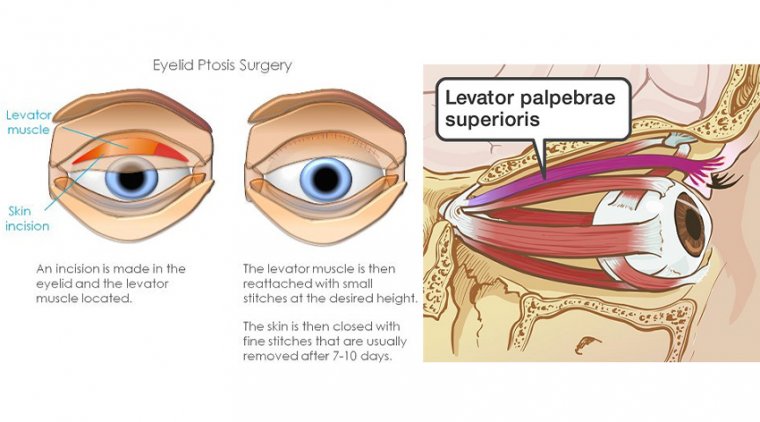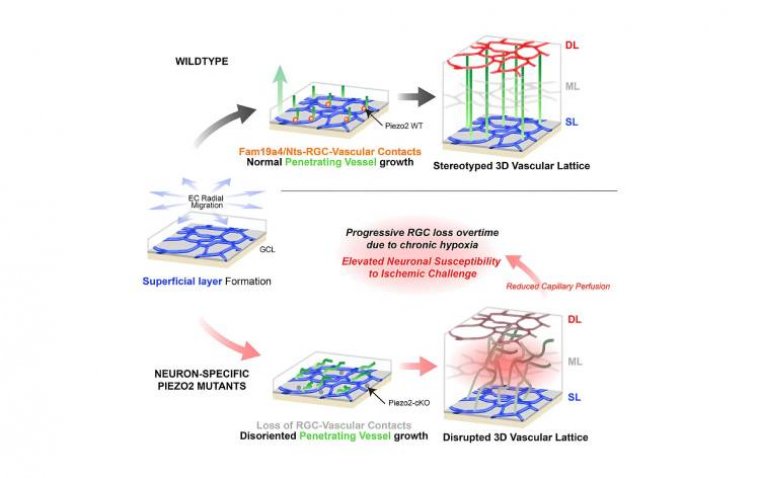
New Study Links MMR Germline Variants to Uveal Melanoma Risk
A prospective cohort study published in JAMA Ophthalmology has found that germline mismatch repair (MMR) gene alterations, commonly associated with Lynch syndrome, are enriched among patients with uveal melanoma (UM), potentially indicating a new genetic risk factor for the disease.
Study Design: Genetic Profiling of Uveal Melanoma Cases
Researchers led by Anaïs Le Ven of Inserm U1339 in Paris studied 381 consecutive UM patients diagnosed between July 2021 and February 2023. Each participant consented to extended genetic testing. Germline DNA was screened using targeted sequencing of a 122-gene cancer predisposition panel.
Pathogenic Variants Identified in Cancer-Linked Genes
Among the cohort, 79 pathogenic variants (PVs) were detected across 70 individuals. Of these, 21 variants were located in clinically significant genes. The analysis revealed a notable enrichment in MMR genes linked to Lynch syndrome, suggesting these germline PVs may predispose carriers to UM development.
Case Study: MLH1 Variant and Tumor Genetics
Notably, one patient harboring an MLH1 germline PV exhibited monosomy 3 in their tumor, with loss of the wild-type MLH1 allele. Immunohistochemistry confirmed loss of MLH1 protein expression. The whole genome sequencing of this tumor revealed mutation signatures SBS6, ID1, and ID2, consistent with MMR deficiency.
Expanding the Lynch Syndrome Spectrum
“These findings suggest that MMR germline alterations could explain at least a portion of UM genetics, and that UM could be part of the Lynch syndrome spectrum,” the authors concluded.
Disclosures
The publication noted that one author reported financial relationships with pharmaceutical companies and another holds related patents, indicating potential conflicts of interest.
This study highlights a potential new dimension in the genetic predisposition of uveal melanoma, calling for further research to validate MMR germline variants as risk markers and to guide cancer screening strategies in affected families.
Reference:
Anaïs Le Ven et al, Uveal Melanoma and the Lynch Syndrome Tumor Spectrum, JAMA Ophthalmology (2025). DOI: 10.1001/jamaophthalmol.2025.1779
(1).jpg)










